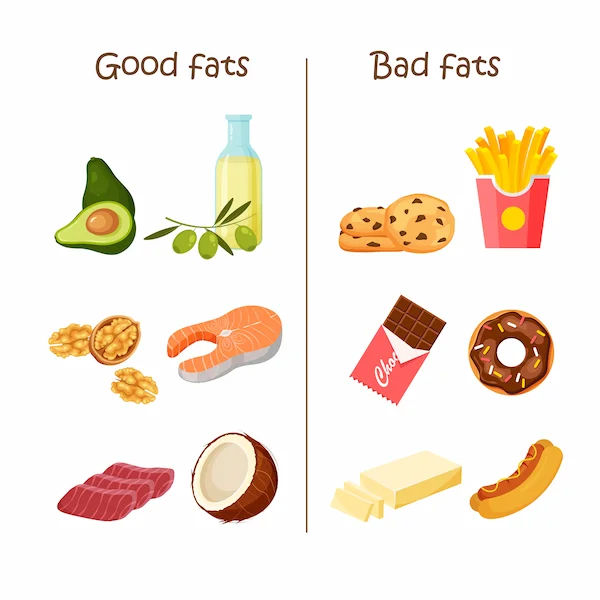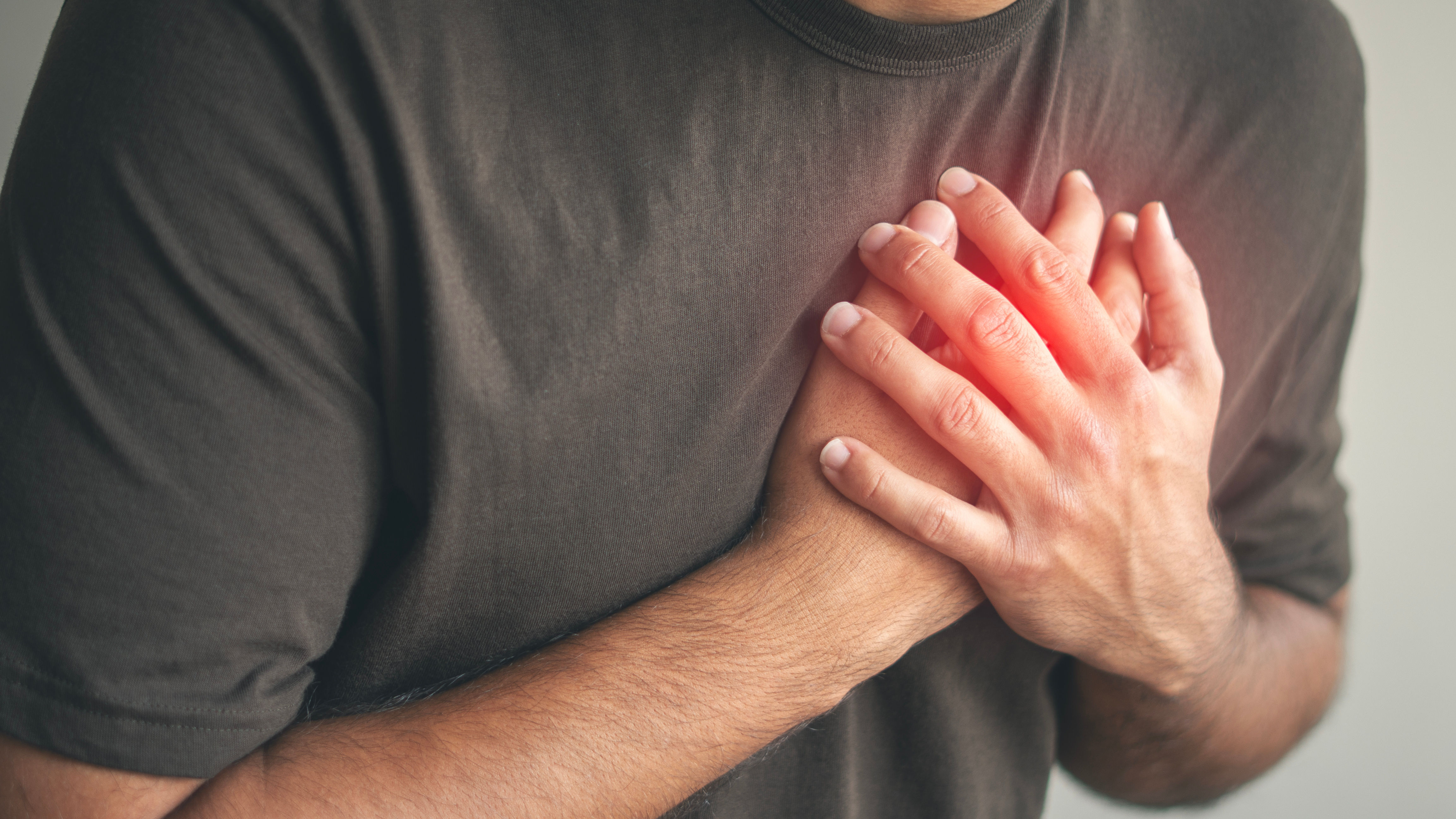- male
- 50 Years
- 10/05/2022
How can I lower heart disease risk if I have diabetes?
Answered by 1 Apollo Doctors
Prefer foods lower in fats, salt and calories and higher in fiber. Focus on fruits, green vegetables and whole grains. Regular physical activity.
Dr. Chandra Suggests...
Consult a Cardiologist
Answered 04/07/2025
0
0


Ask Apollo
AI powered Health Chatbot
-
Lifestyle Modifications
- Stop smoking and limit alcohol intake.
- Exercise regularly and maintain a healthy weight.
- Eat a balanced diet rich in fruits, vegetables, and whole grains.
-
Blood Sugar Control
- Keep blood sugar levels within target ranges through diet, exercise, and medication as prescribed.
-
Blood Pressure and Cholesterol Management
- Monitor and manage blood pressure and cholesterol with lifestyle changes and medications if needed.
-
Medications
- Discuss with your doctor about medications like statins or antihypertensives to lower heart disease risk.
-
Regular Health Check-ups
- Schedule routine visits with your healthcare provider to monitor heart health and diabetes management.
-
Stress Management and Other Factors
- Manage stress through relaxation techniques and ensure adequate sleep.
Answered 20/08/2025
0
0
More Cardiology Health Queries
View allI'm really into sports and focus on my diet, but I've been wondering about something. Does eating high carbs actually increase VLDL cholesterol levels? And if so, what kind of carbs are more responsible for this hike? I've been sticking to complex carbs like brown rice, whole grains, and legumes. Just want to make sure I'm on the right track. Can you shed some light on this?
High carbohydrate intake, especially simple carbohydrates, can lead to an increase in VLDL cholesterol levels. Simple carbohydrates, such as those found in sugary foods and drinks, can raise VLDL levels more significantly compared to complex carbohydrates. Complex carbohydrates like brown rice, whole grains, and legumes are a better choice as they have a lower impact on VLDL cholesterol levels. To help lower VLDL cholesterol, you can continue consuming complex carbs like brown rice, whole grains, and legumes in your diet.
Answered by 1 Apollo Doctors
I've had all my tests done recently for palpitations, like ECG, echo, and blood work, and everything came back normal. But I still keep getting palpitations, maybe one or two missed beats a month. It's really been stressing me out. What should I do about this?
Thats unusual,visit General Physician for appropriate approach.and maintain balanced diet and healthy lifestyle
Answered by 1 Apollo Doctors
I've been experiencing some unusual muscle twitching for the past couple of weeks, especially in my upper left arm, and sometimes it happens in my chest too. Its mainly my arm thats twitching quite a bit. I'm really worried that this could be related to my heart. Could this muscle twitching be a sign of a heart issue?
twitching of the muscle is due to anxiety,stress,ulnar nerve compression ,dehydration etc .. If your chest pain persists ecg and 2d echo is advised and cardiac opinion...
Answered by 1 Apollo Doctors
Disclaimer: Answers on Apollo 247 are not intended to replace your doctor advice. Always seek help of a professional doctor in case of an medical emergency or ailment.

 What lifestyle changes can I make to reduce heart risk?
What lifestyle changes can I make to reduce heart risk? 


_5.webp)